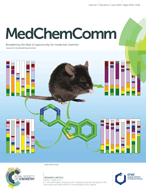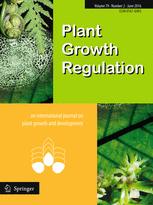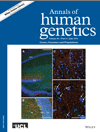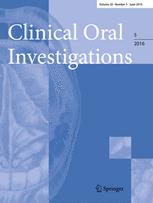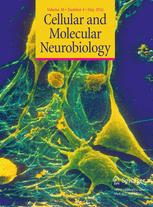 A biochemistry journal has pulled a paper after deciding that its layout and content overlapped significantly with a previously published paper.
A biochemistry journal has pulled a paper after deciding that its layout and content overlapped significantly with a previously published paper.
The researcher who reported the similarity to Molecular and Cellular Biochemistry has sent us his correspondence with the journal. After a “thorough investigation,” the journal felt the paper was worth retracting.
Here’s the retraction notice for “TNF receptor-associated factor 6 regulates proliferation, apoptosis, and invasion of glioma cells:” Continue reading Biochem journal retracts paper for “striking level of similarity” with another
 A material science journal has retracted a paper after discovering that the first author faked email addresses for co-authors to submit the paper without their permission.
A material science journal has retracted a paper after discovering that the first author faked email addresses for co-authors to submit the paper without their permission.
 As
As 